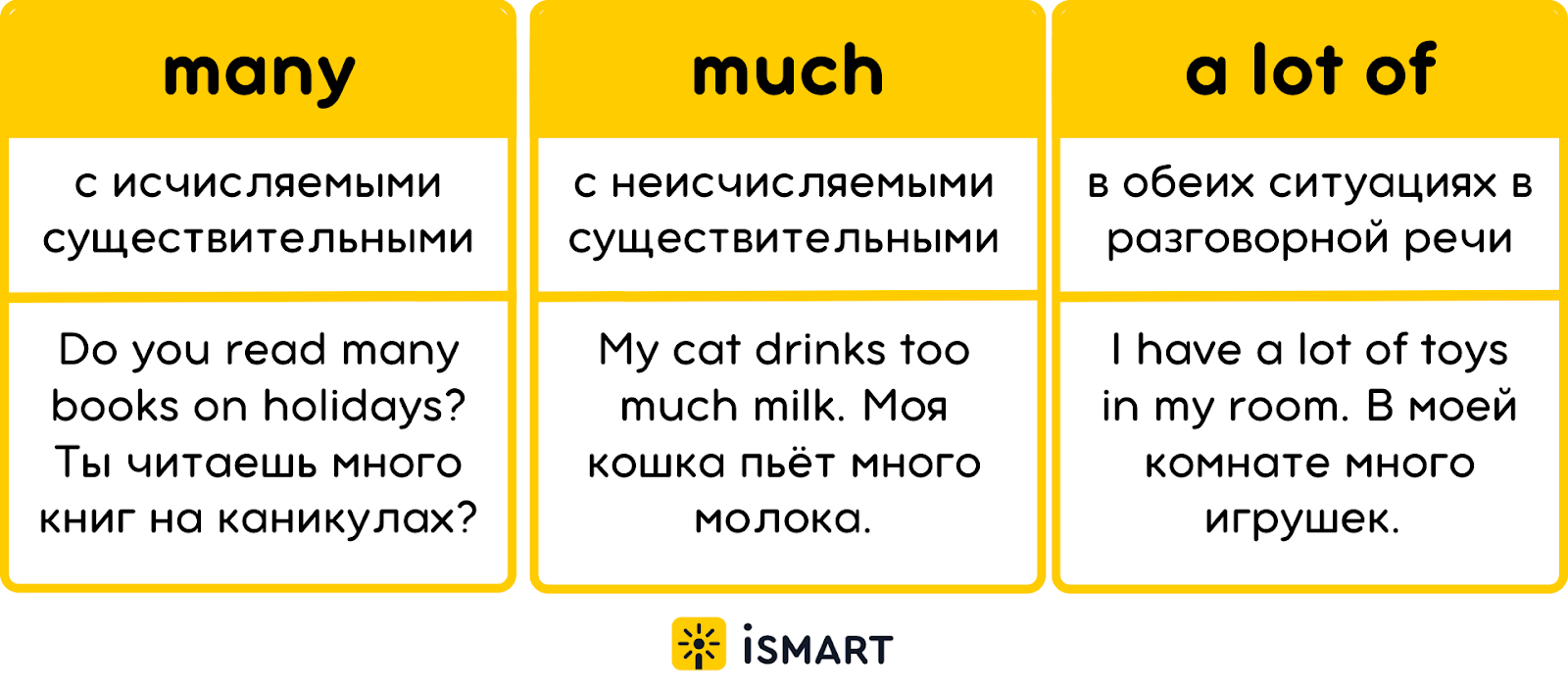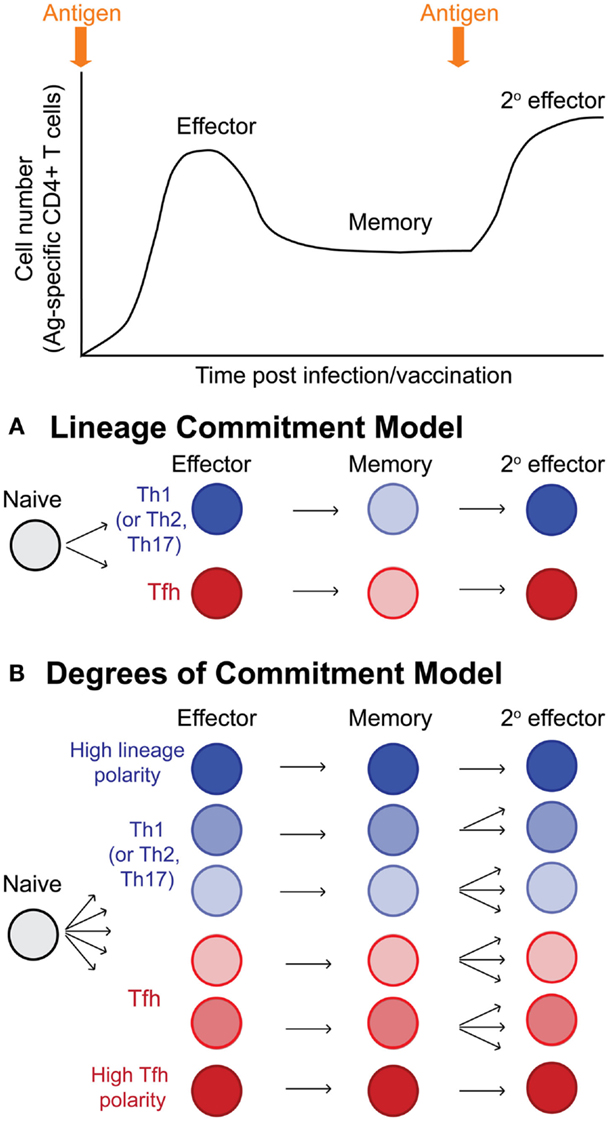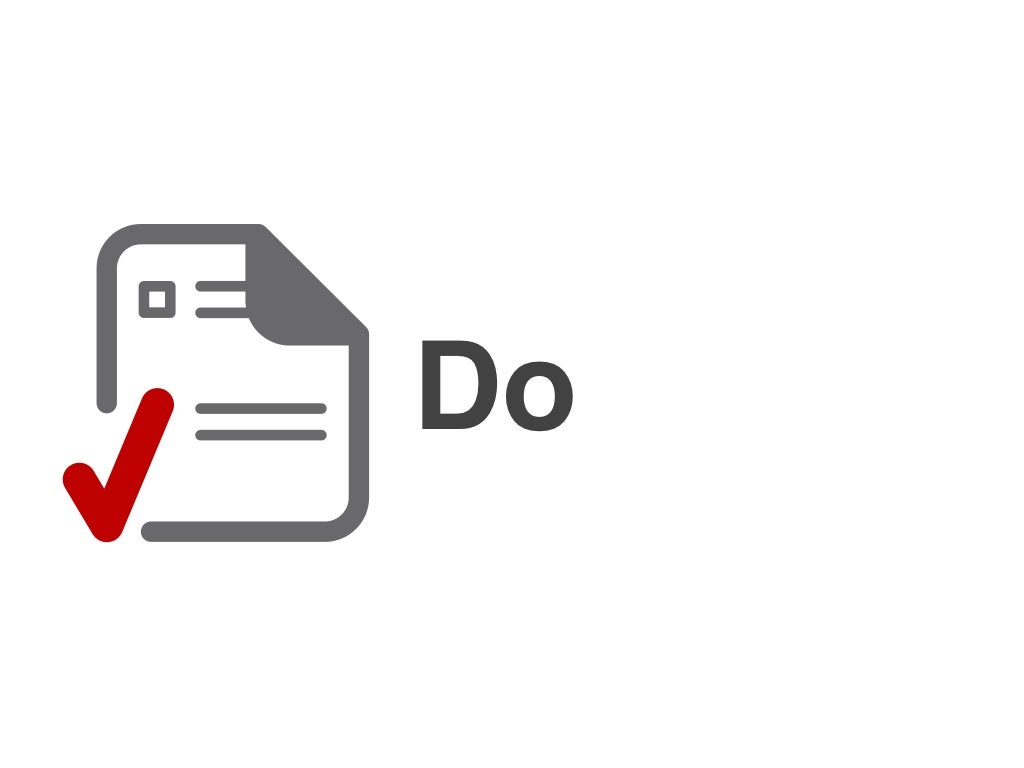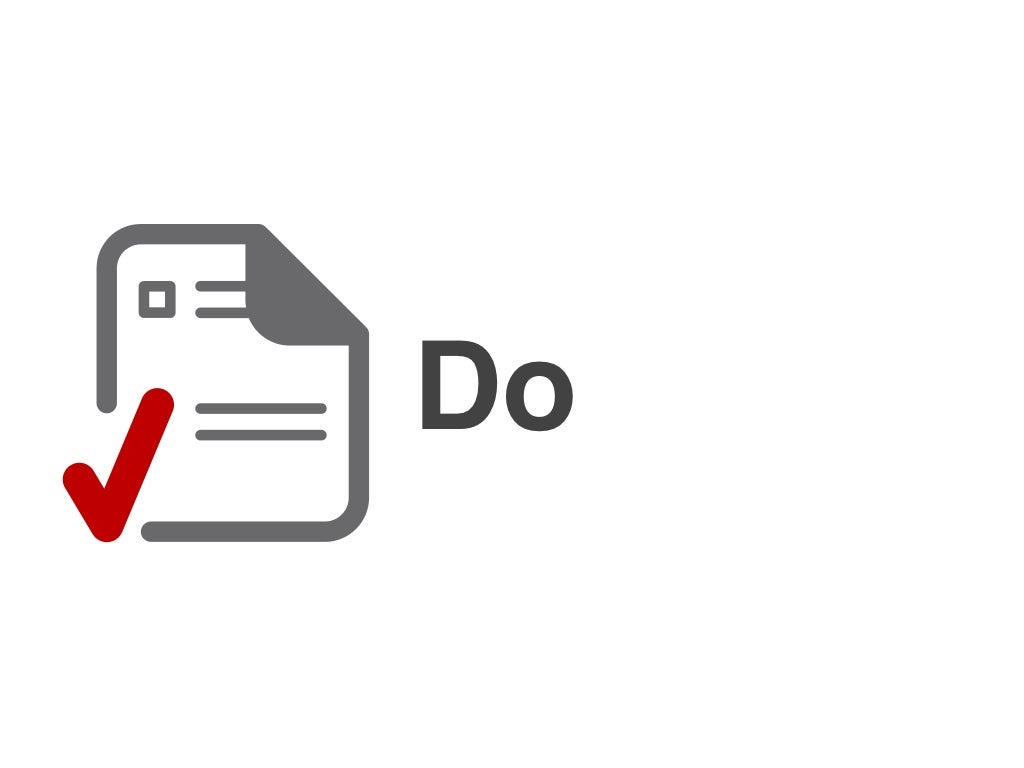Sex Education in Schools: Global Requirements and Implementation
Sex education in schools: global requirements and implementation
Sex education remain a topic of significant debate worldwide, with countries take immensely different approaches to implement it within their public school systems. While some nations have make comprehensive sex education mandatory, others leave it optional or hard restrict. This article examines which countries require sex education in public schools and explore the various approaches to this essential aspect of education.
Countries with mandatory sex education
European leaders in sex education
Several European countries stand at the forefront of comprehensive, mandatory sex education programs:
The Netherlands
The Netherlands have one of the virtually progressive and comprehensive sex education programs globally. Sex education is mandatory in Dutch schools, begin axerophthol other as age four. The Dutch approach, frequently call” sexuality education, ” over not merely the biological aspects but besides relationships, consent, pleasure, and sexual diversity. This holistic approach has been credit with help the neNetherlandschieve some of the lowest teen pregnancy and stSTIates in the world.

Source: standardmedia.co.KE
Dutch schools must follow national guidelines that ensure age appropriate content is delivered throughout a student’s education. The curriculum evolve as students age, cover progressively complex topics while maintain an opennon-judgmentalal approach.
Sweden
Sweden make sex education mandatory in all schools in 1955, become the first country in the world to do hence. The Swedish model emphasize gender equality, consent, and healthy relationships alongside the biological aspects of reproduction. All public schools must include sex education as part of their curriculum, with content integrate across multiple subjects preferably than teach as a standalone course.
The Swedish approach focus on foster respect for all sexual orientations and gender identities, promote a culture of consent and mutual respect in relationships.
Germany
Germany have mandatory sex education in all 16 federal states, though the specific implementation varies by region. Mostly, sex education begin in primary school and continue throughout a student’s education. ThGermanan approach emphasize both the biological aspects and the emotional and social dimensions of sexuality.
German sex education aim to help students develop their own values regard sexuality while provide accurate information about contraception, STIs, and pregnancy. Parents can not opt their children out of these classes, as they’re considered an essential part of education.
France
France require sex education in public schools, with at least three annual sessions dedicate to the subject from primary school through high school. The French curriculum cover reproductive health, relationships, consent, and gender equality. Recent updates have strengthened requirements for address issues like sexual orientation, gender identity, and online sexual content.
The French approach integrate sex education across various subjects, include biology, civic education, and health classes, ensure students receive consistent messaging throughout their education.
North American approaches
Canada
In Canada, education is regulated at the provincial level, result in vary approaches to sex education. Most provinces require some form of sex education in public schools, though content and comprehensiveness differ importantly:
- Ontario implements an update, comprehensive curriculum that include discussions of consent, sexual orientation, and gender identity
- Quebec integrate sexuality education across multiple subjects from elementary through secondary school
- British Columbia require sex education as part of its physical and health education curriculum
While most Canadian provinces mandate sex education, some allow parents to opt their children out of certain lessons base on religious or moral objections.
United States
The United States has no federal mandate for sex education. Requirements vary dramatically by state:
- Exclusively 29 states and the District of Columbia mandate sex education
- 39 states require HIV education
- Merely 17 states require that sex education content be medically accurate
- Several states require that abstinence be emphasized or present as the preferred approach
States like California, Oregon, and Washington have implemented comprehensive sex education requirements that include information on contraception, consent, healthy relationships, anLGBTQtq+ identities. In contrast, states likTexasas anMississippipi principally focus on abstinence base approaches.
The patchwork of requirements mean that American students receive immensely different sex education depend on where they live.
Asia pacific region
Australia
Australia have a national curriculum framework that include relationships and sexuality education as part of the health and physical education curriculum. While implementation vary by state and territory, all Australian public schools must provide some form of sex education.
The Australian curriculum take a comprehensive approach, cover topics like consent, healthy relationships, sexual health, and diversity. Parents loosely have the right to withdraw their children from specific lessons, though practices vary across the country.
Japan
Japan require sex education as part of health and physical education in public schools. The Japanese approach tend to focus more on the biological aspects of reproduction and less on relationships or sexual diversity. The curriculum is comparatively conservative compare to European models, though it’s been gradually evolve to address contemporary issues.
Recent reforms have aim to make Japanese sex education more comprehensive, though implementation remain inconsistent across different regions and schools.
South Korea
South Korea mandate sex education in public schools, with at least 15 hours of instruction require yearly. The curriculum cover basic reproductive health, though it’s been criticized for beingoutdatede and focus mainly on biological aspects preferably than comprehensive sexuality education.
Recent reforms have attempt to modernize the curriculum to address issues like consent, sexual harassment, and digital sexual crimes, though implementation vary importantly between schools.
Countries with limited or optional sex education
Middle East and North Africa
Most countries in the Middle East and North Africa do not mandate comprehensive sex education in public schools. Cultural and religious factors frequently influence this approach:
- Tunisia has introduced limited sex education focus principally on reproductive health
- Morocco has pilot sex education programs in some regions but has not implement nationwide requirements
- Lebanon has some sex education components within biology classes but no comprehensive program
In these regions, sex education, when available, typically focus narrowly on reproductive biology and frequently emphasize traditional gender roles and family structures.
Sub Saharan Africa
Approaches to sex education vary wide across sub Saharan Africa:
- South Africa mandate life skill education that include sexuality education, though implementation quality vary
- Kenya has introduced age appropriate comprehensive sexuality education, though religious opposition have complicated implementation
- Uganda has shift between comprehensive and abstinence focus approaches, with current programs emphasize abstinence
International organizations have supported the development of sex education programs in manAfricanan countries, though cultural and religious factors oft influence the content and delivery.
Latin America
Sex education requirements vary across Latin America:
- Argentina implements a comprehensive sex education law in 2006, though implementation has been uneven
- Brazil has no national mandate, with sex education decisions make at local levels
- Mexico require sex education in public schools, though content vary importantly by region
- Chile latterly strengthens its sex education requirements after years of debate
Throughout the region, catholic influence has shape debates about sex education, though several countries have move toward more comprehensive approaches in recent years.
The impact of mandatory sex education
Health outcomes
Research systematically show that comprehensive sex education is associate with positive health outcomes:
- Lower rates of unintended pregnancy
- Reduced STI transmission
- Afterward initiation of sexual activity
- More consistent use of contraception when sexually active
Countries with mandatory, comprehensive sex education like the Netherlands and Sweden systematically report better adolescent sexual health outcomes than countries with limited or abstinence focus programs.
Social and emotional benefits
Beyond physical health, comprehensive sex education offer broader benefits:
- Improved communication skills regard consent and boundaries
- Greater awareness of healthy vs. Unhealthy relationship patterns
- Reduced sexual violence and coercion
- Increase respect for sexual and gender diversity
- Intimately critical thinking skills regard media messages about sexuality
These outcomes contribute to healthier social environments and more equitable gender relations.

Source: scallywagandvagabond.com
Controversies and challenges
Religious and cultural opposition
In many countries, religious and cultural values shape debates about sex education:
- Religious groups may oppose comprehensive sex education base on moral objections
- Cultural traditions regard gender roles and sexuality influence acceptable content
- Concerns about parental authority versus state responsibility for education
These tensions have lead to compromises in many countries, such as allow parental opt-outs or limit certain content.
Implementation challenge
Eve in countries with mandatory sex education, implementation face challenges:
- Teacher training and comfort with sensitive topics
- Resource limitations, specially in lower income regions
- Inconsistent application of national guidelines at local levels
- Balance age appropriate content with comprehensive information
These challenges mean that yet in countries with strong policies, the quality of sex education students receive can vary importantly.
Emerge trends in sex education
Digital literacy and online safety
Modern sex education progressively address digital aspects of sexuality:
- Understand and respond to online pornography
- Recognize and prevent digital sexual harassment
- Safe online communication about relationships and sexuality
- Critical evaluation of online information about sex and relationships
Countries with mandatory sex education are adapted their curricula to address these contemporary challenges.
Consent and healthy relationships
There be a growth emphasis on relational aspects of sexuality education:
- Understand and practice consent in various contexts
- Recognize healthy versus unhealthy relationship patterns
- Develop communication skills around desires and boundaries
- Address gender base violence and coercion
This shift represents an evolution from strictly biological approaches toward more holistic education about sexuality and relationships.
Inclusive approaches
Modern sex education progressively acknowledge diversity:
- Information relevant to LGBTQ+ students
- Cultural sensitivity in discuss sexuality
- Disability inclusive content
- Recognition of diverse family structures
Countries with mandatory sex education are mostly leaded the way in develop more inclusive curricula.
Conclusion
The landscape of mandatory sex education vary dramatically worldwide, reflect different cultural values, religious influences, and educational priorities. Countries like the nNetherlands sSweden and gGermanyhave eestablishedcomprehensive, mandatory programs that address sexuality as a normal aspect of human development. These countries tend to report better adolescent sexual health outcomes.
In contrast, many countries either have no requirements or limit sex education to basic biological information. The United States presents a peculiarly complex case, with requirements vary dramatically by state and no federal mandate.
Research systematically indicate that comprehensive, age appropriate sex education contribute to healthier outcomes for young people. As societies continue to evolve, sex education programs worldwide are progressively address contemporary issues like digital sexuality, consent, and diverse identities and relationships.
The question of which countries require sex education finally reflect broader societal values regard children’s rights to information, parental authority, religious influence in education, and cultural attitudes toward sexuality. These ongoing tensions will ensure that sex education will remain an area of both innovation and controversy in educational policy ecumenical.
MORE FROM grabscholarships.de













